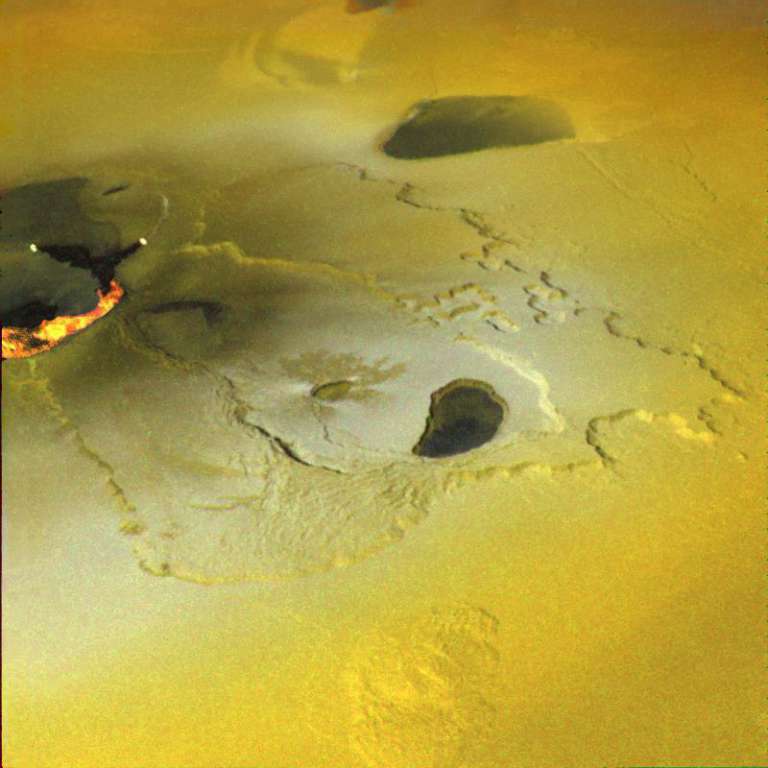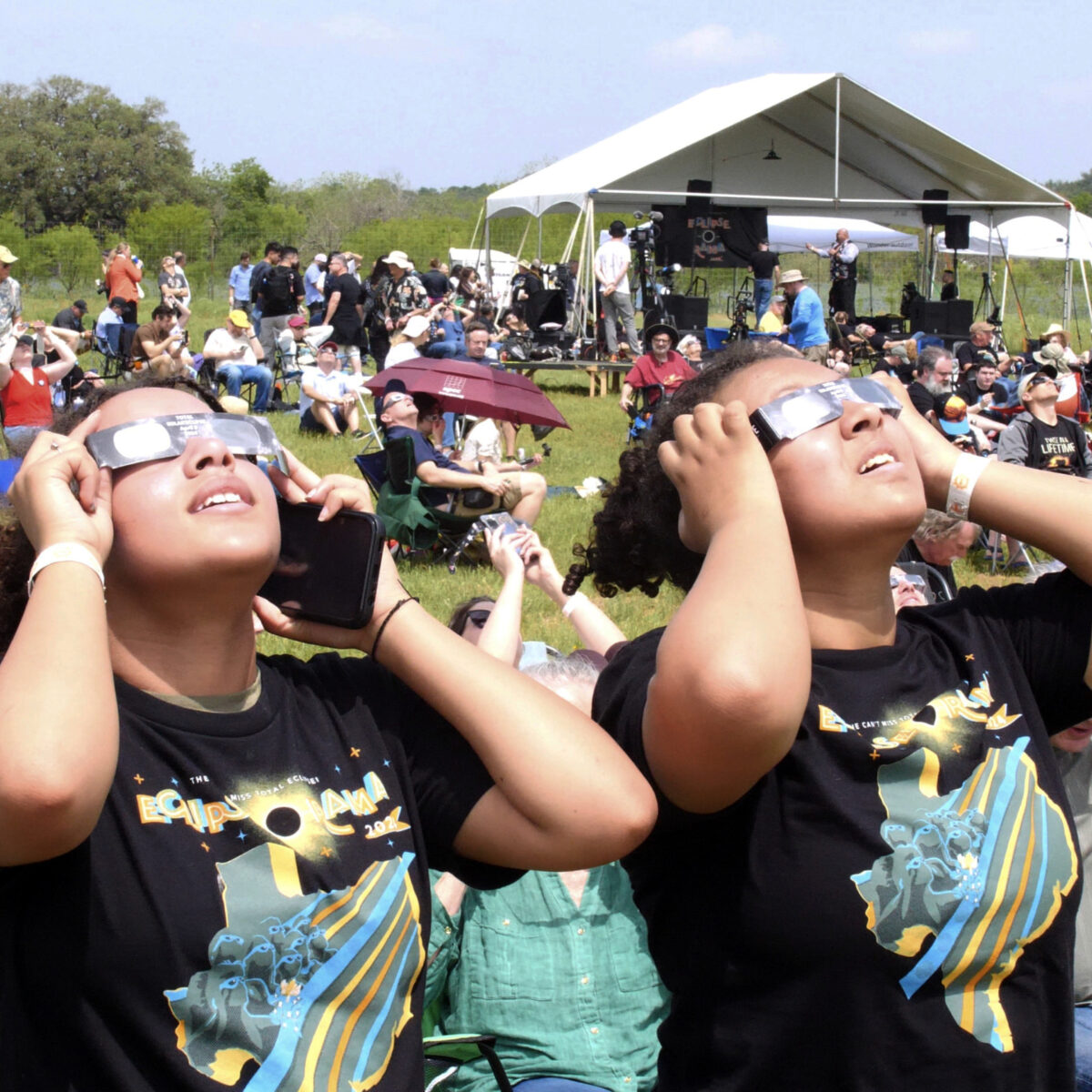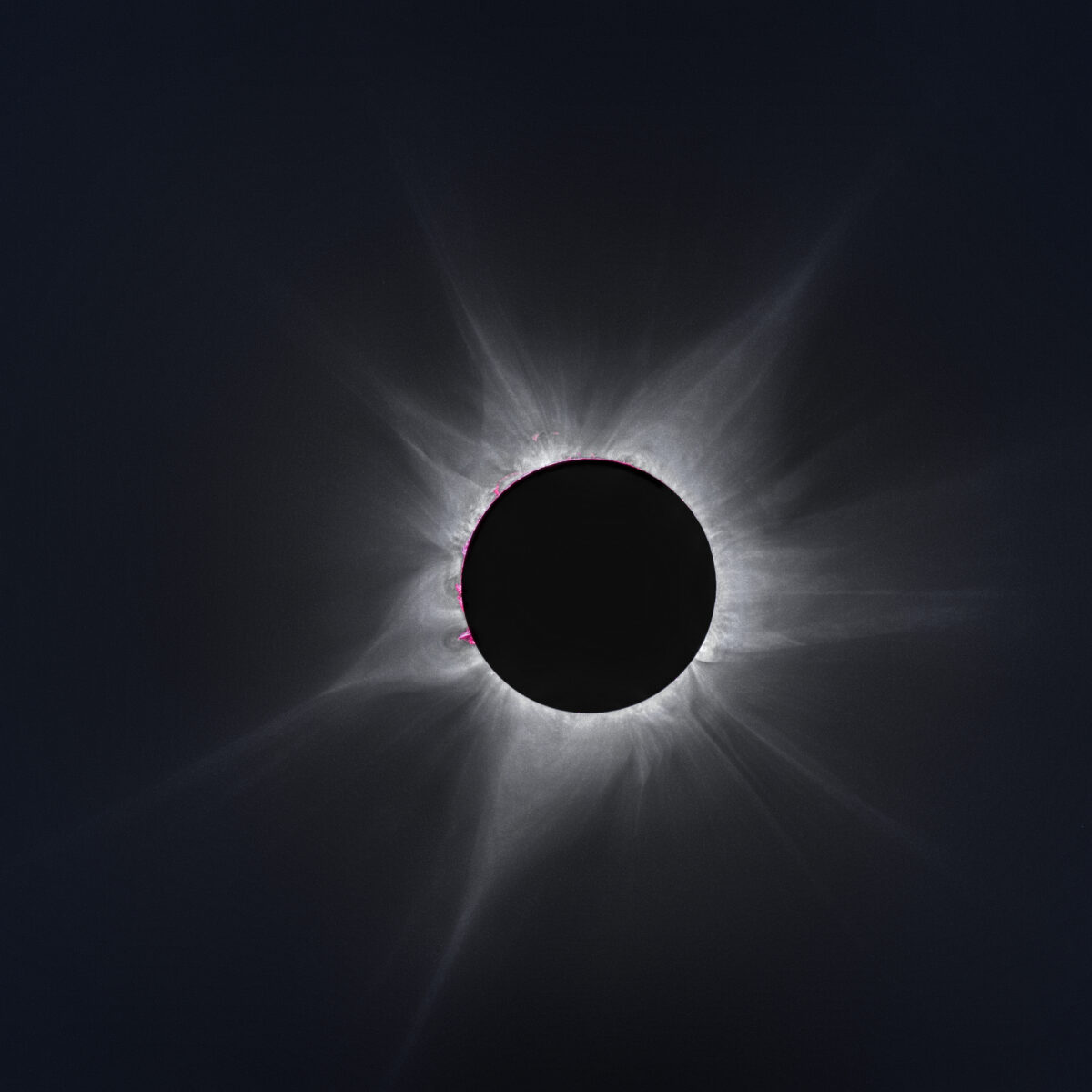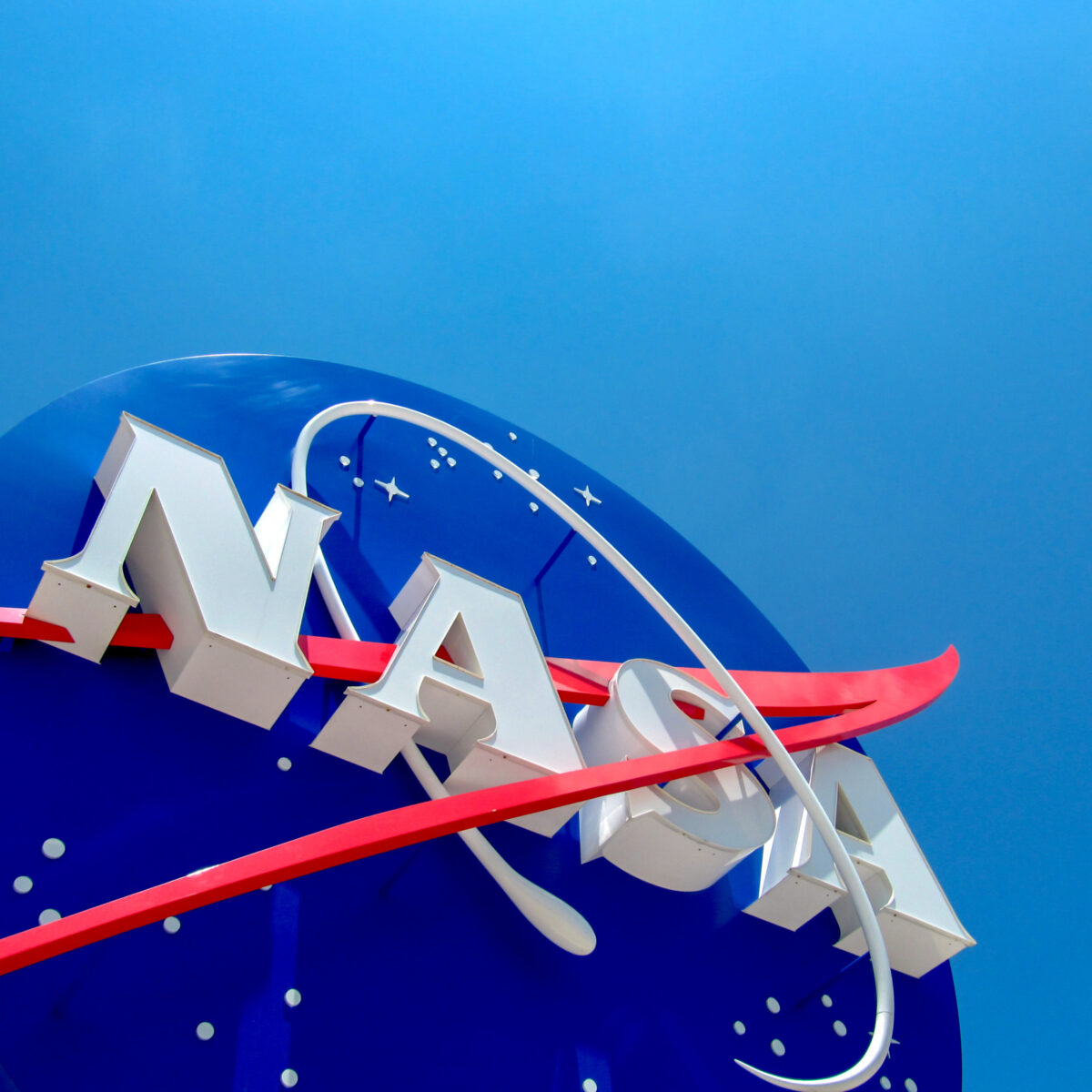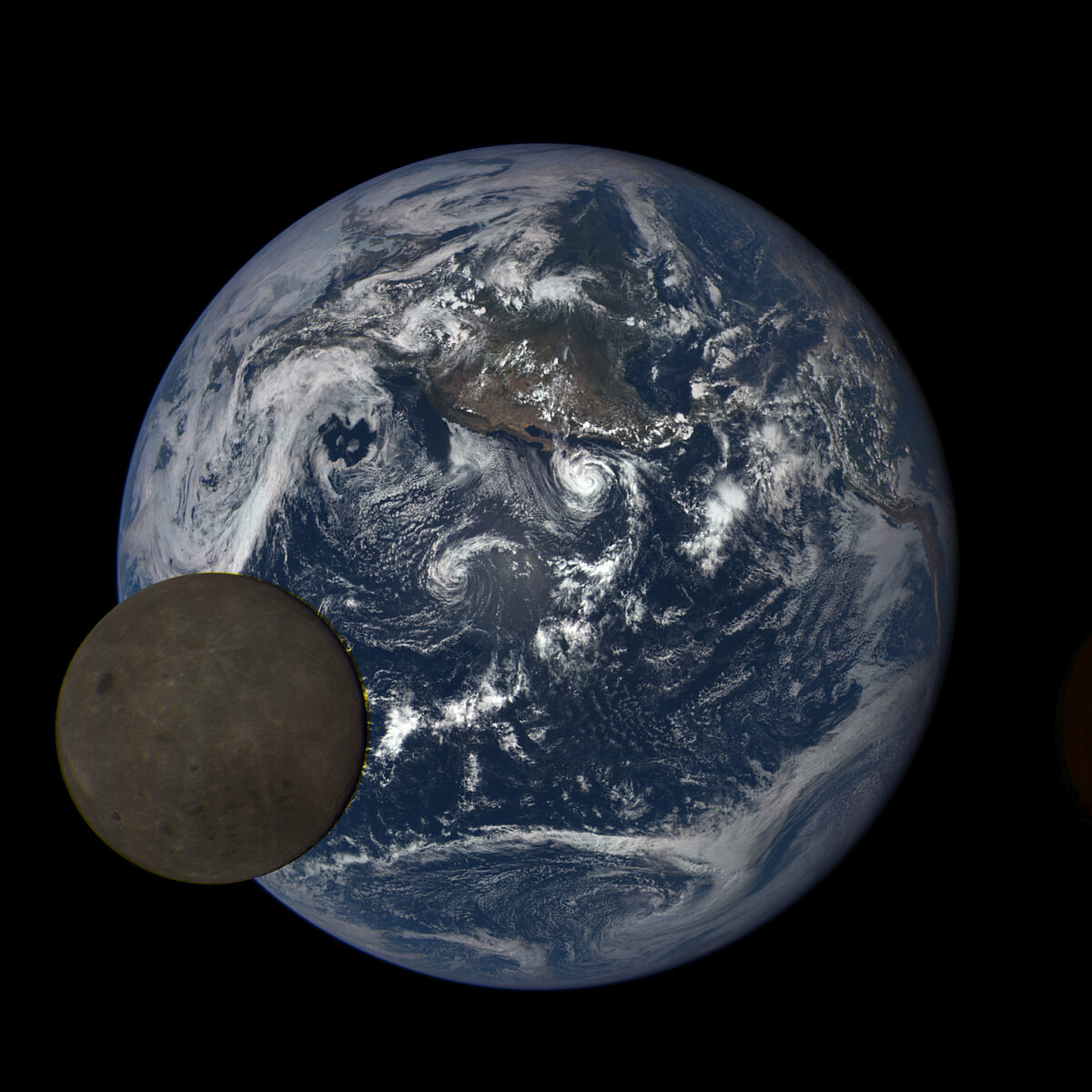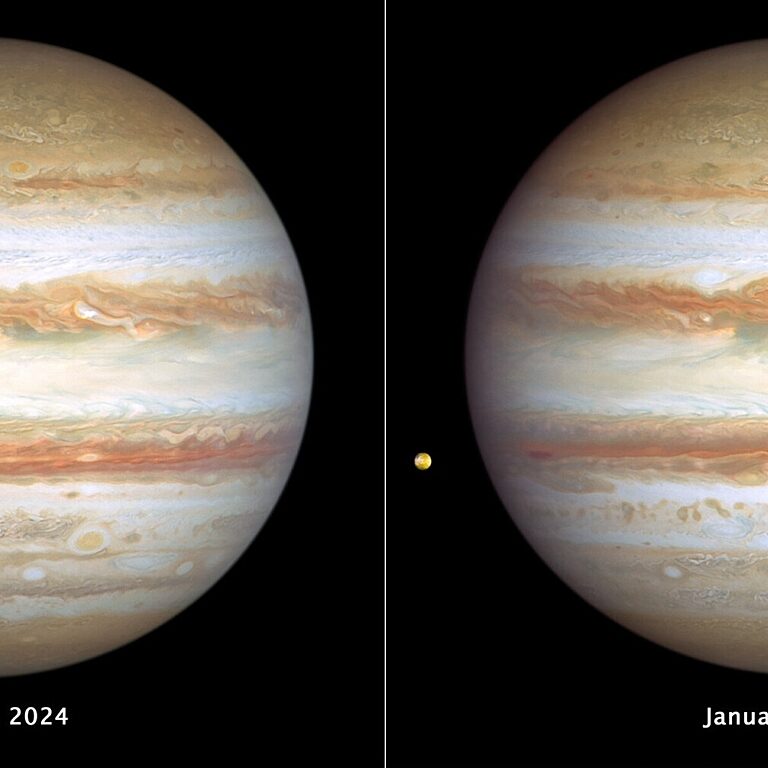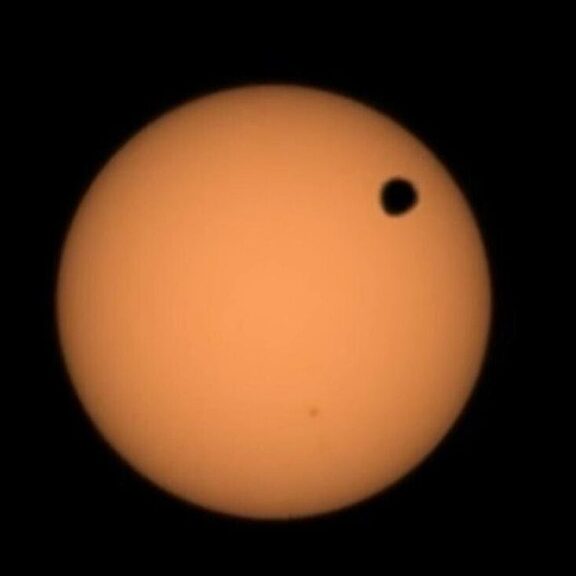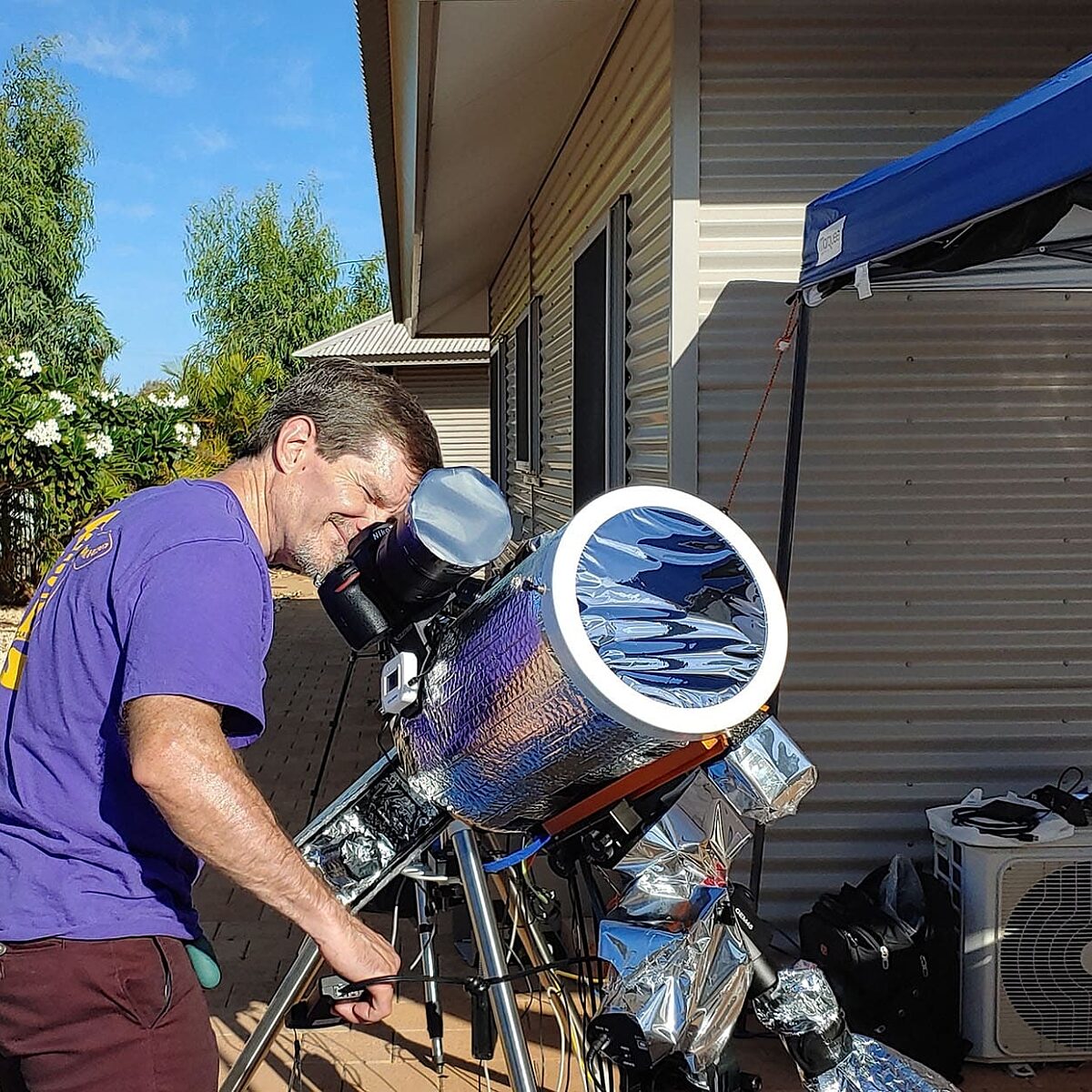All
All
Stories, updates, insights, and original analysis from The Planetary Society.
The hottest and coldest places in the Solar System
The worlds of our Solar System run the gamut of temperatures. Here are some of the hottest and coldest places we know of.
Scratching the surface
The latest news on missions to search for ice and water beneath planetary surfaces.
At Eclipse-O-Rama, cosmic beauty and community
On a ranch in the Texas hill country, members of The Planetary Society gathered to marvel at the 2024 total solar eclipse as a community.
Is space science worth the money?
Space science costs money. Here's why it's worth the investment.
A sight to remember
For hundreds of millions of people, the Sun and Moon put on an astonishing show this week. Here are our eclipse highlights and more.
Space: See it, hear it, feel it, predict it
From spotting comets to hearing eclipses and predicting solar emissions, there are many ways to experience space phenomena.
How do NASA and ESA work together?
NASA and the European Space Agency (ESA) have a long-standing partnership that has resulted in spectacular science missions, including the James Webb Space Telescope and the Cassini-Huygens mission to Saturn.
Experiencing the total solar eclipse without sight
New technologies, projects, and resources aim to help people with blindness and low vision experience the eclipse.
Is Planet X/Planet Nine real?
Planet X and Planet Nine are planets that have, at one time or another, been thought to exist in our Solar System. Both were hypothesized to explain the orbital characteristics of smaller outer Solar System bodies.
Keeping an eye on things
Measuring changes in the Moon’s size, watching for eruptions on the Sun’s surface, and monitoring budget developments.
Should you be worried about solar storms?
As the Sun nears solar maximum, the odds of potentially dangerous solar storms go up. What could one do to Earth?
NASA's FY 2025 budget request is not enough
Federal spending caps and inflation take a bite out of NASA's ambitions.
Is the Moon shrinking?
The Moon is shrinking in both actual volume and its apparent size from Earth’s perspective. We explain how scientists know this, why it happens, and how it might affect Earth.
Hidden depths and a cosmic mystery
Jupiter has much more going on beneath its outer clouds, and NASA invites players to unravel a fictional mystery.
The Planetary Society advocacy priorities in NASA’s final 2024 budget
Funding for the Near-Earth Object Surveyor, support for VERITAS, and a second lease on life for Mars Sample Return were all included in the final congressional budget for NASA in 2024.
How to find eclipse events in your area
There are hundreds of eclipse events being held all across North America. Here's how to find one near you.
Transits are cool, but…
A moon transiting the Sun is awesome, but still doesn’t quite compare to a total solar eclipse. Learn why, find out about Europa Clipper’s message in a bottle, and more.
Red Rover Goes to Mars, 20 years later
Twenty years ago, a Planetary Society program sent students to NASA's Jet Propulsion Laboratory to work on the Mars Exploration Rovers program.
Your impact: March equinox 2024
Announcing the first C. Wallace Hooser award for visionary philanthropy
Seizing upon syzygy
How scientists use total solar eclipses as opportunities to do solar science.


 Explore Worlds
Explore Worlds Find Life
Find Life Defend Earth
Defend Earth


 Sun
Sun Mercury
Mercury Venus
Venus Earth
Earth Mars
Mars Jupiter
Jupiter Saturn
Saturn Uranus
Uranus Neptune
Neptune Small Bodies
Small Bodies